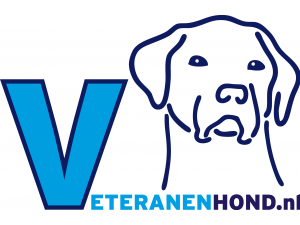Call for expressions of interest to join a research group in Early Childhood Educational Anthrozoology (based at Liverpool John Moores University, Liverpool, UK)
The research group has a particular focus on developing connections between researchers who are looking at the ways in which;
- young children’s animals-related learning is scaffolded by early education professionals and in education settings
- child-animal relationships are supported/managed in different early education contexts
- adults develop young children’s thinking about anthrozoology
and how;
- practice varies in different contexts
- teaching and learning is connected to local and global initiatives
Within the research group, a journal is being developed – the Journal of Early Childhood Educational Anthrozoology – which members are encouraged submit to.
If you would like to join the ECEA research group, please email ecea@ljmu.ac.uk in the first instance, with a brief synopsis of your research background and your interests as they relate to the focus of the research group.
Please share this information with others who might be interested in the group. There is a new page on Facebook ‘Early Childhood Educational Anthrozoology – ECEA – research group’

 Dr Marie-Jose Enders-Slegers, Professor of Anthrozoology at The Open University in the Netherlands, together with Professor Martens from the Maastricht University, is carrying out research into the emotions of pet animals and if pet ‘owners’ can recognize them.
Dr Marie-Jose Enders-Slegers, Professor of Anthrozoology at The Open University in the Netherlands, together with Professor Martens from the Maastricht University, is carrying out research into the emotions of pet animals and if pet ‘owners’ can recognize them.